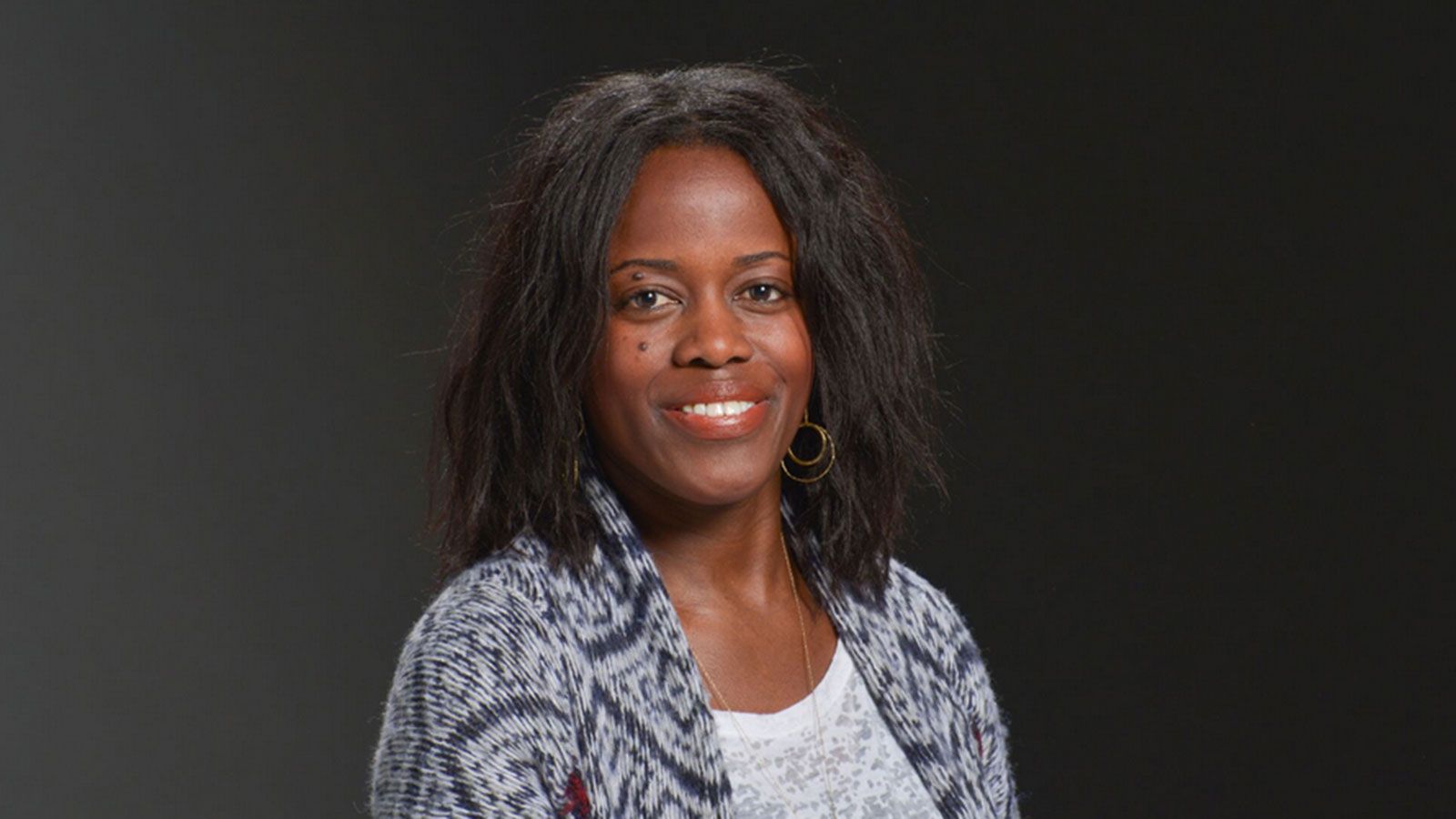Associate Professor Mandë Holford has long been making waves in the scientific community with her research on venomous snails. Now the wider world is taking notice. She was recently named to The Root 100, an annual list of eminent African-American movers, thinkers, shakers, and entertainers ages 25-45. Professor Holford, the only scientist selected for the list, is named alongside athletes, activists, and artists including Serena Williams, Issa Rae, and Tarana Burke, the woman who started the #metoo movement. This recognition is a testament to the significance of Professor Holford’s work and its profound implications for the future of disease treatment.
Professor Holford’s primary expertise is in the medicinal uses of venomous snails, but in a new paper published in Science, she expands her purview to the entire classification of venomous creatures, which represent 15 percent of the Earth’s documented biodiversity. In their article, “Venoms to the rescue,” which appeared in the August 2018 Science special issue “Technologies Transforming Biology,” Professor Holford and her colleagues detailed the promising new strides in technological innovation that are harnessing the power of venoms to treat such ailments as diabetes, epilepsy, chronic pain, autoimmune diseases, and other conditions that have long plagued patients and researchers alike.
Though venomous species are ubiquitous throughout nature and can be found in myriad environments and populations, venom has not been extensively studied—not because it is uninteresting, but because it is highly complicated. Venoms developed over millennia as sophisticated mechanisms for predators to kill prey, but, over time, natural selection began to cultivate resistance among prey as well. In turn, venoms evolved, becoming more and more cellularly complex. The resulting venom compounds are formidable—and it is that very strength that creates potential for their use in unexpected, even beneficial ways.
For venoms to work, they need to be able to survive in foreign bodies—to leave the predator’s system, enter the prey, and attack. This sequence of actions demands focused cellular targeting and cellular stability, a combination that can be deadly when unleashed on healthy tissue. That laser-focus and stability, when targeted towards disease, holds enormous promise for fighting illnesses that have been difficult to treat. This has proven true with the discovery and development of a peptide—the stable amino acid chains in cone snail venom—that has been adapted into ziconotide (Prialt), a breakthrough drug for chronic pain. The numbing effect of ziconotide, which snails release on fast-moving fish to slow them down for easier capture, has been harnessed and used to alleviate debilitating pain in HIV and cancer patients.
There are currently six FDA-approved venom-based drugs on the market—but Professor Holford and her fellow researchers believe that they are only the beginning of what is possible. She and her colleagues argue that venoms are worth a significant research investment representing a largely untapped reservoir for scientific discovery. Since the activities of venoms are so specific and have such a wide diversity of molecular targets, repeated trials (and errors) are necessary to see which peptides interact effectively with different targets. But, the Science paper asserts, patient trial-and-error could yield major results.
Professor Holford’s appearance on The Root 100 is just one of a series of notable recognitions she has received. In the wake of the Science article’s publication, the Hunter professor has been interviewed by publications and science news outlets around the world. “Bringing exposure to the emerging field of venom research is both exciting and rewarding,” says Holford, adding: “Venoms are a source for breakthroughs that can shed light on fundamental scientific questions about evolution and biodiversity as well as translational biomedical research to create new therapies for treating human disease and disorder.”
“In a surprising twist,” concludes the new member of The Root 100 list, “venom can both kill and cure.”


